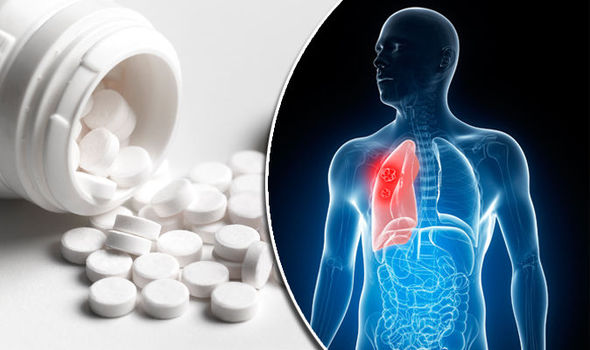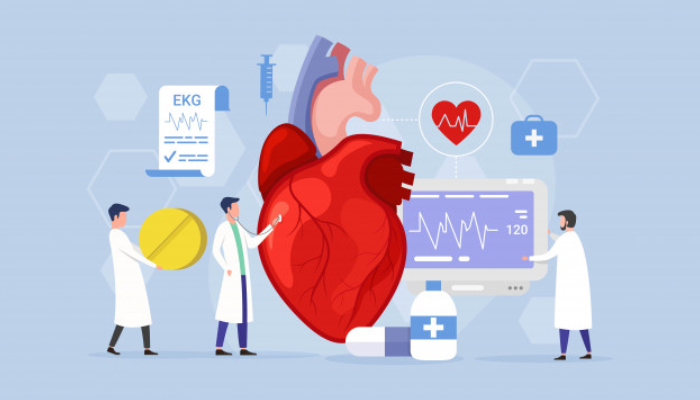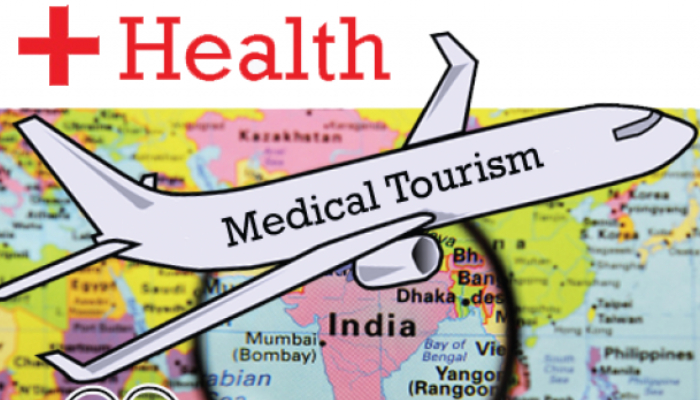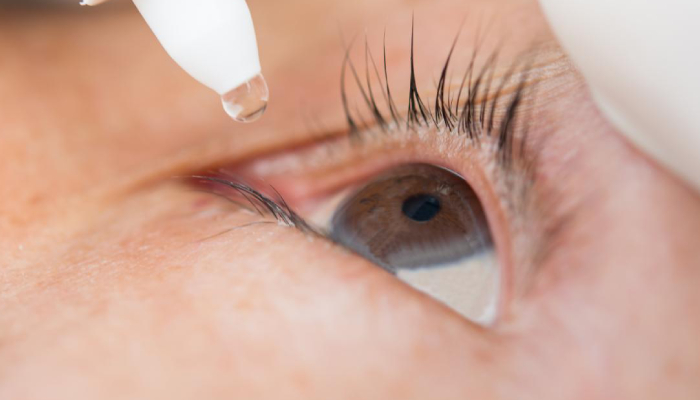Different Diagnosis And Treatments For Heart Diseases

The Different Diagnosis And Treatments For Cancer
April 24, 2020
Cancer Overview: Various diagnosis and treatments of cancer
April 28, 2020Symptoms And Diagnosis Of Heart Diseases
Heart disease may or may not show any symptoms. At times it will lead directly to a minor or a major heart attack to even recognize that you have a heart disease. Doctors suggest regular check up of your vitals including diabetes, cholesterol and blood pressure to control the occurrence of a heart disease. Examine your body closely and understand the symptoms. Heart disease will have heart murmurs, which is a swishing, whooshing or a whistling sound in the heart. If such symptoms are identified, doctors will recommend further tests.
An ECG or electrocardiogram is the first test to be conducted to identify a heart disease. An ECG can quickly identify any abnormalities by recording the electrical activity within the heart. Any electrical abnormalities will indicate injury in heart muscle due to lack of oxygen or ischemia. Additional information can be gathered by taking x-rays which will reveal the images of the heart. CT Scan, MRI, angiography, nuclear technology are specific tests that give detailed insight into the condition of the heart and blood vessels. Echocardiograms will determine if the heart and valves are working fine. It evaluates the heart through ultrasounds. Other testing include stress testing, arrhythmia like electrophysiology testing or EP testing.
Read More About : Cancer Overview: Various Diagnosis And Treatments Of Cancer
Treatment For Different Heart Diseases
Immediate diagnosis and treatment for heart disease is important to avoid fatal complications. Medical treatment is required once the heart disease is diagnosed. Treatment will vary according to different types of heart disease. Coronary Artery Disease may include medication or surgical treatment. Drugs include aspirin, beta blockers, ACE inhibitors that treat high blood pressure and high levels of cholesterol, which is the major risk factor for heart disease. Balloon Angioplasty and bypass surgery to remove blocked arteries are the surgical options.
Causes of heart failures need to be assessed before starting the treatment. Apart from ACE inhibitors and beta blockers, drugs like diuretics or water pills help control symptoms. To improve the heart’s function, devices like defibrillators and pacemakers are implanted in the heart. This will also prevent arrhythmias. Heart transplantation may require in cases where medication and devices don’t bring long term cure. Heart Arrhythmias increase the heart rate abnormally high. Drugs like beta blockers can normalize heart rate and convert them to normal rhythm. Drugs like dabigatran and warfarin can help prevent blood clots. For severe conditions, cardioversion treatment is recommended where strong electrical shock is given to the heart to convert heart rhythm back to normal.

Problems with the heart valve will deal with replacing or repairing the abnormal valve. Pericardial disease which causes accumulation of water in pericardium often subsides on its own. It can be treated with medications like aspirins. In severe cases, corticosteroids hormones need to be administered. Fluid can be drained by injecting a long, thin needle through the chest. For chronic conditions, a pericardial window or a surgery to make a pathway to drain the extra fluid or remove the pericardial sac is required. Cardiomyopathy is treated the same way like in a heart failure. The cause and symptoms will decide the outcome of the treatment. In certain cases heart transplant will be recommended. Minor congenital heart disease will clear on it’s own or can be treated with medications.
Dietary Recommendations And Lifestyle
Risk of heart disease can be avoided with a good healthy diet and lifestyle. Your body weight is a vital sign of how healthy you are. If you are 20% more that the average weight for your height, age and sex then there is more chance of having a heart disorder. Overweight in the midsection of your body adds a lot of strain to the heart. It can also lead to diabetes, high blood pressure and cholesterol. Reducing sodium and trans fat in your food will reduce the risk of coronary heart disease. Keep your heart healthy with a diet rich in healthy sources of proteins and fats like avocados, fish, seeds, soy based items, nuts and more. Increase the intake of fruits, vegetables and unprocessed whole grains that are high in fibre. Smoking affects blood pressure and hence if you have the habit it is good to quit.
Develop the habit of exercising regularly. Exercising has multiple benefits. It increases good cholesterol levels, reduces blood pressure, stress and strengthens blood vessels and heart. Alcohol consumption in moderation reduces the risk of heart disease. It must not go beyond the recommended one drink per day for women and one to two drinks for men. Learning to relax and reduce stress can help prevent heart diseases. Reducing stress is proven to reduce high blood pressure, anxiety, heart arrhythmias, hostility and anger. These are linked to heart attack, angina, and coronary heart disease. Practice stress reduction techniques like yoga, meditation, deep breathing and progressive relaxation. As a part and parcel of regular wholesome food, take dietary supplements for micronutrients and vitamins will help develop good health.




